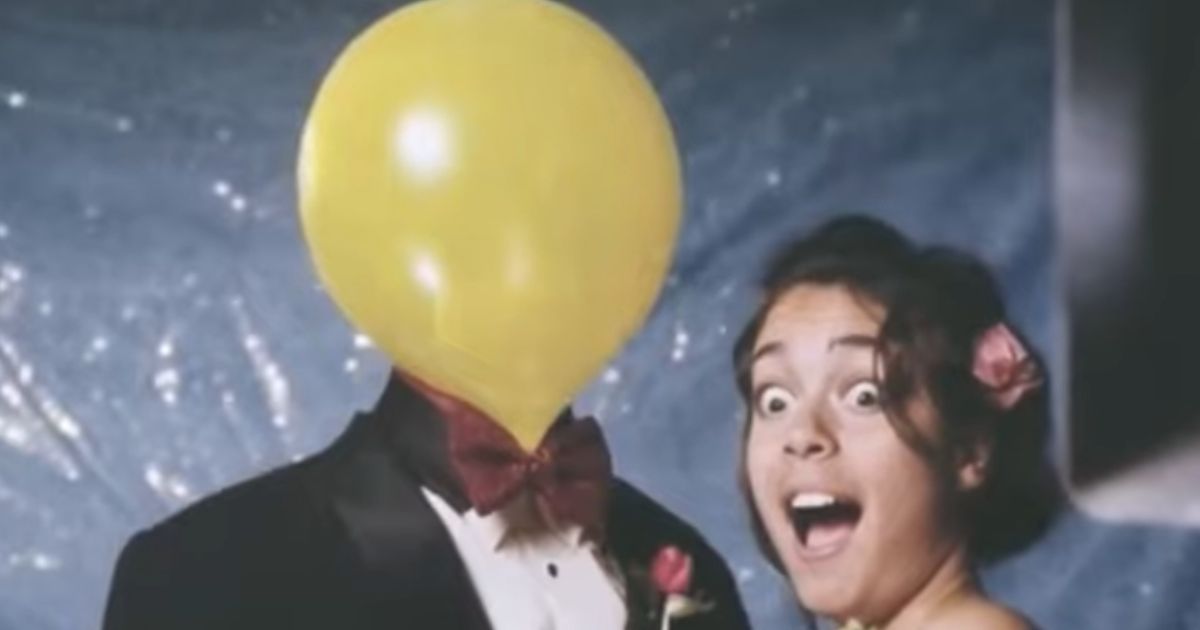
OpenAI, the creator of ChatGPT, released the first short films generated with its new video AI tool Sora, which creators describe as “totally surreal”. Last month, OpenAI debuted its new Sora system, eliciting a combination of excitement and concern about its potential.
Early videos created with the AI software showed how it could transform a simple written prompt, such as “two golden retrievers podcasting on top of a mountain,” into a realistic video depicting the event.
Sora’s creative potential is currently being realized by a select number of visual artists and directors who have had early access to the technology.
“As great as Sora is at generating things that appear real – what excites us is its ability to make things that are totally surreal,” said Canadian production group Shy Kids, which used Sora to create a short film about a man with a balloon head.
“We now have the ability to expand on stories we once thought impossible… [It’s] a new era of abstract expressionism. People from all over the world with stories ready to burst out of their chests finally have the opportunity to show the world what’s inside.”
“Working with Sora is the first time I’ve felt unchained as a filmmaker”
Multi-disciplinary artist Paul Trillo stated that the advent of video-generating artificial intelligence might allow concepts to be realized without the current constraints of time, money, or even skillset.
“Working with Sora is the first time I’ve felt unchained as a filmmaker,” he said.
“Sora is at its most powerful when you’re not replicating the old but bringing to life new and impossible ideas we would have otherwise never had the opportunity to see.”
The technology has raised fears that it may be used to make deep-fake films and propagate misinformation.
In a February blog post announcing Sora, OpenAI acknowledged the possibility of misuse, stating that it had recruited “red teamers” to adversarially test the model.
The company stated that it was also developing techniques to detect deceptive content provided by Sora.
The company already has safety measures in place for its other AI products, ChatGPT and DALL-E, to prevent users from requesting violent or sexual content or generating images that resemble celebrities or public figures; however, other companies have filled this market gap by offering unrestricted versions of the technology.






